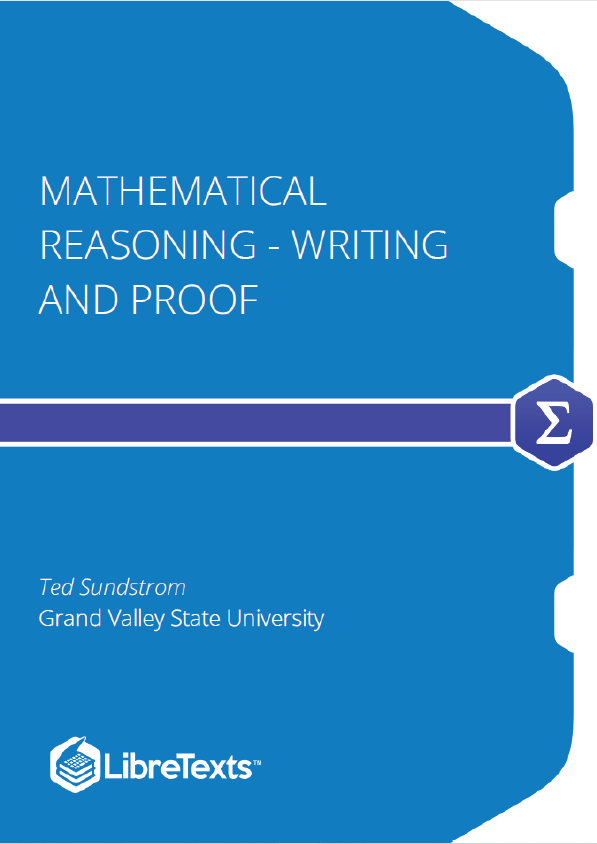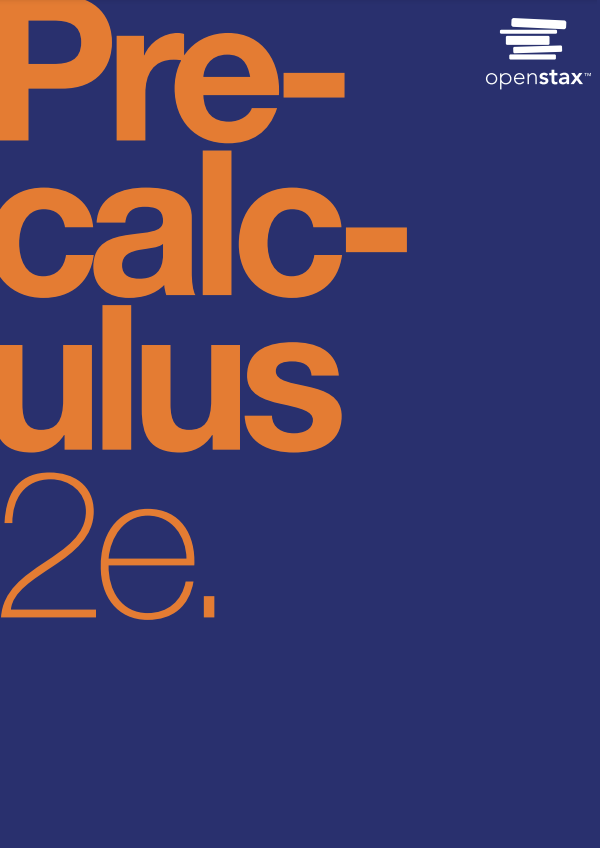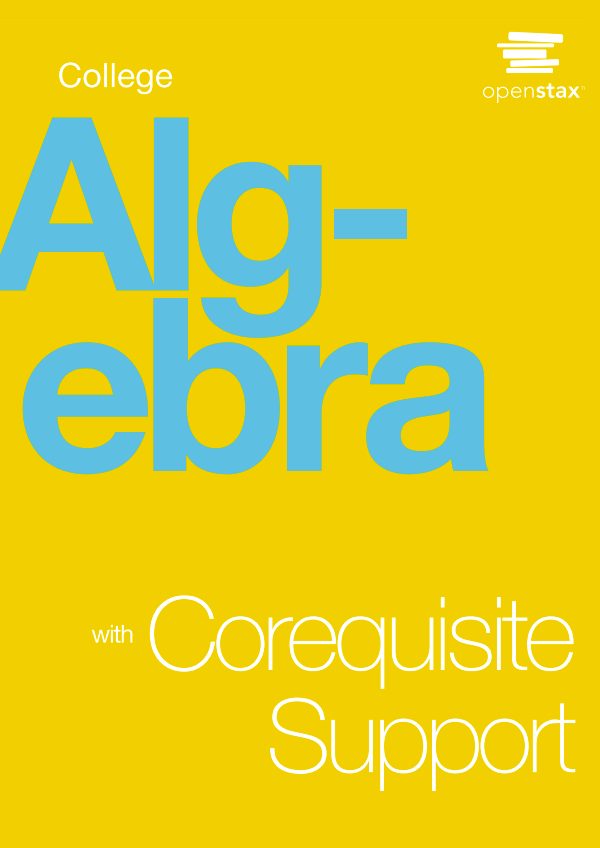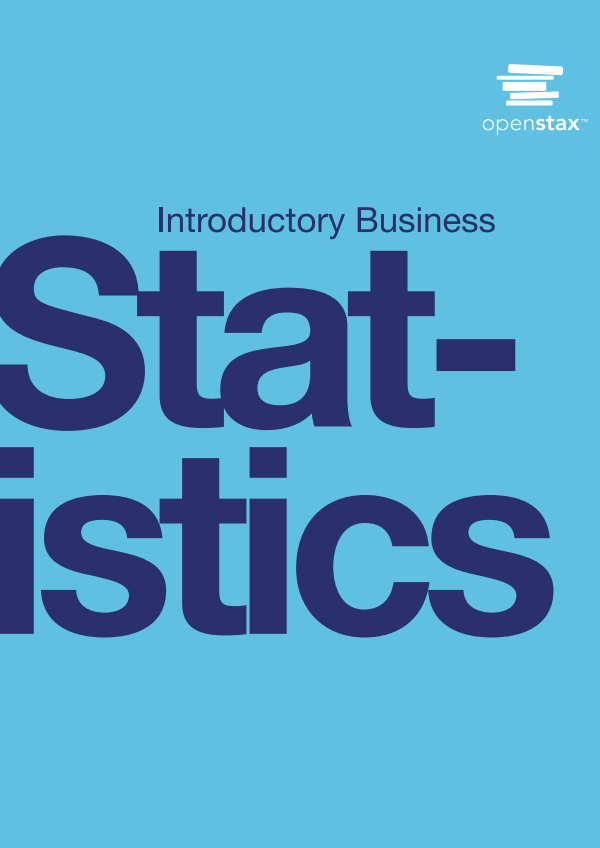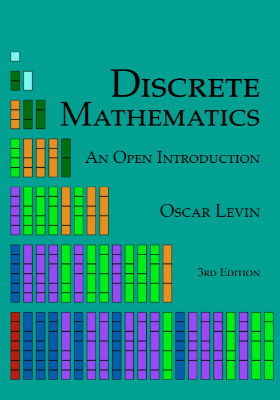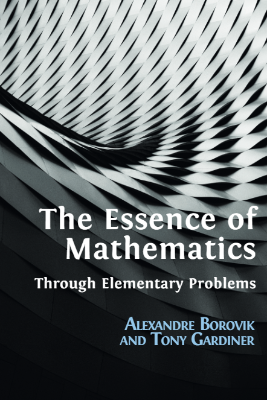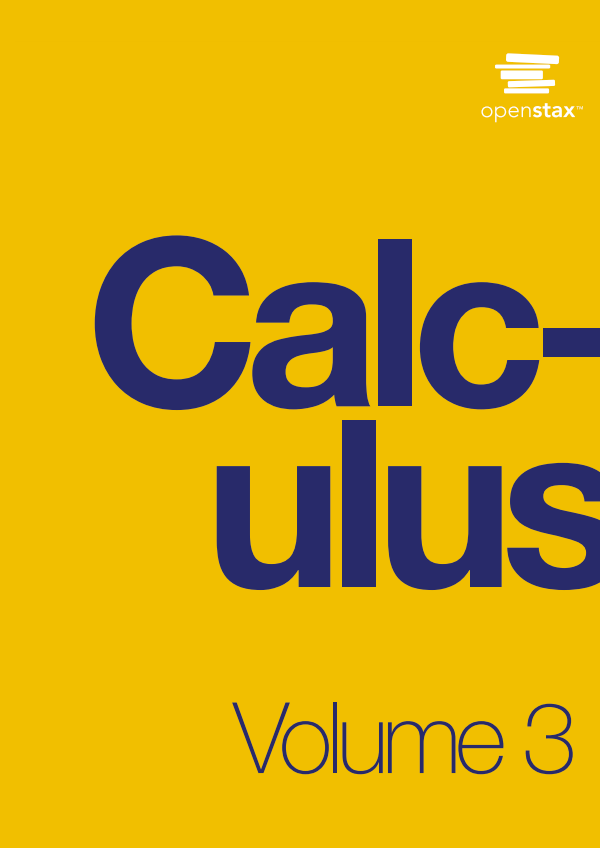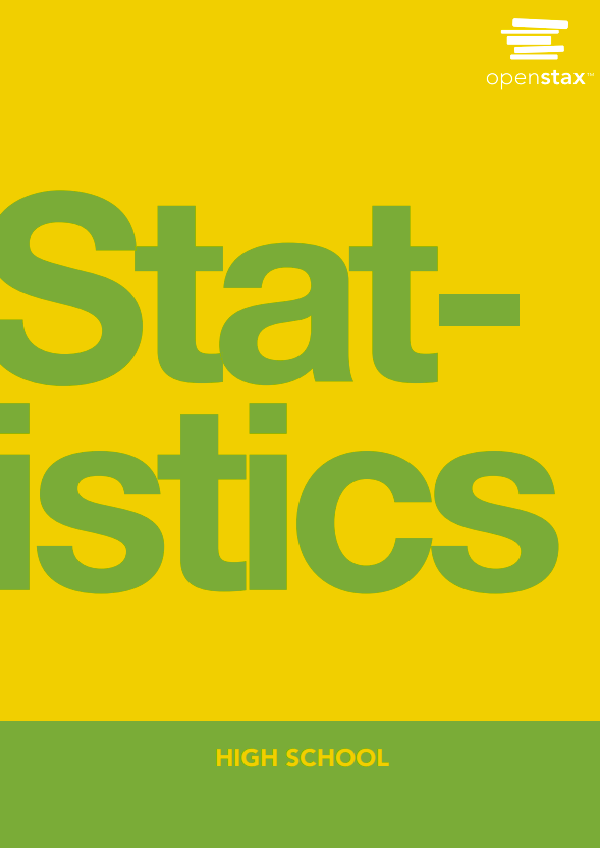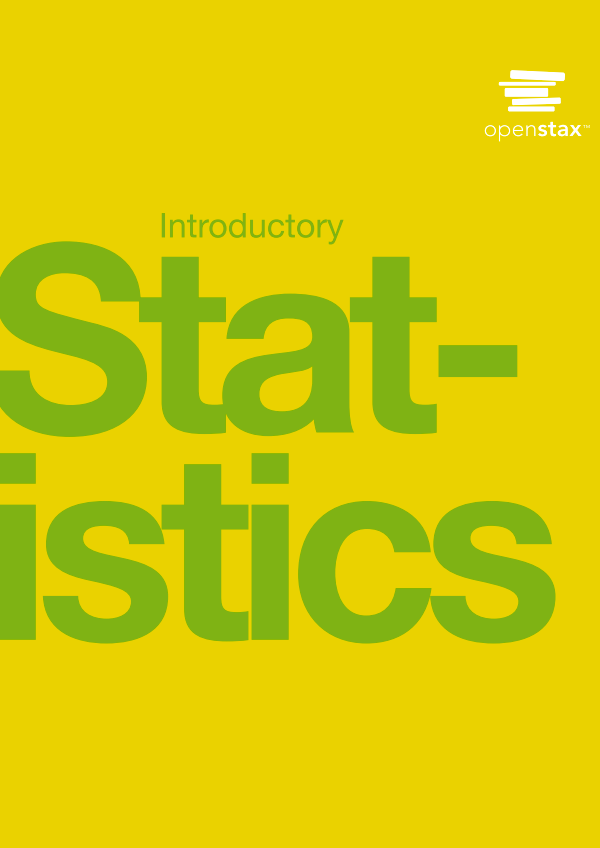Statements and Conditional Statements Much of our work in mathematics deals with statements. In mathematics, a statement is a declarative sentence that is either true or false but not both. A statement is sometimes called a proposition. The key is that there must be no ambiguity. To be a statement, a sentence must be true or false, and it cannot be both. So a sentence such as “The sky is beautiful” is not a statement since whether the sentence is true or not is a matter of opinion. A question such as “Is it raining?” is not a statement because it is a question and is not declaring or asserting that something is true.
Some sentences that are mathematical in nature often are not statements because we may not know precisely what a variable represents. For example, the equation 2 +5 = 10 is not a statement since we do not know what represents. If we substitute a specific value for (such as = 3), then the resulting equation, 2 3 +5 = 10 is a statement (which is a false statement). Following are some more examples:
How Do We Decide If a Statement Is True or False?
In mathematics, we often establish that a statement is true by writing a mathematical proof. To establish that a statement is false, we often find a so-called counterexample. (These ideas will be explored later in this chapter.) So mathematicians must be able to discover and construct proofs. In addition, once the discovery has been made, the mathematician must be able to communicate this discovery to others who speak the language of mathematics. We will be dealing with these ideas throughout the text.
For now, we want to focus on what happens before we start a proof. One thing that mathematicians often do is to make a conjecture beforehand as to whether the statement is true or false. This is often done through exploration. The role of exploration in mathematics is often difficult because the goal is not to find a specific answer but simply to investigate. Following are some techniques of exploration that might be helpful.
Techniques of Exploration
Guesswork and conjectures. Formulate and write down questions and conjectures. When we make a guess in mathematics, we usually call it a conjecture.
Examples. Constructing appropriate examples is extremely important. Exploration often requires looking at lots of examples. In this way, we can gather information that provides evidence that a statement is true, or we might find an example that shows the statement is false. This type of example is called a counterexample.
